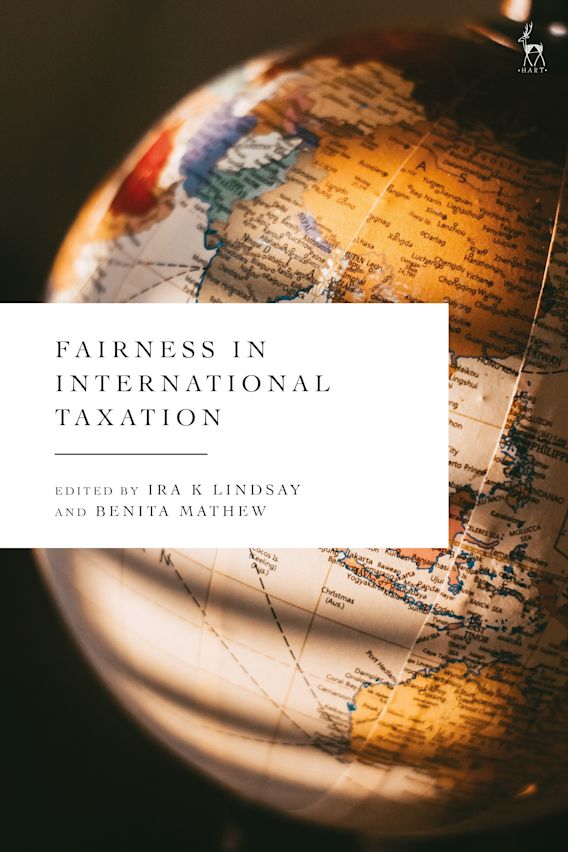We are now closed for the Christmas and New Year period, returning on Monday 5th January 2026. Orders placed during this time will be processed upon our return on 5th January.

This book explores the thorny normative issues raised by the changing landscape of international tax policy.
Proposals for taxation of the digital economy and the OECD's BEPS framework promise fundamental changes in the international tax system. The book features perspectives from legal scholars, political theorists, and political philosophers on the design of a fair international tax system, considering both corporate and individual taxation. Contributors advance new theories of international tax justice, develop theoretically informed reform proposals and critique influential approaches to international tax reform. Key themes include justice in bilateral and multilateral international tax agreements, the taxation of cross-border workers, apportionment of tax revenue from multinational corporations, and the fairness of the international tax policy-making process.
The book provides critical perspectives on leading international tax policy debates, analyses the intersection between international distributive justice and contemporary public policy, and proposes new ways to meet the demands of tax justice in a global context.